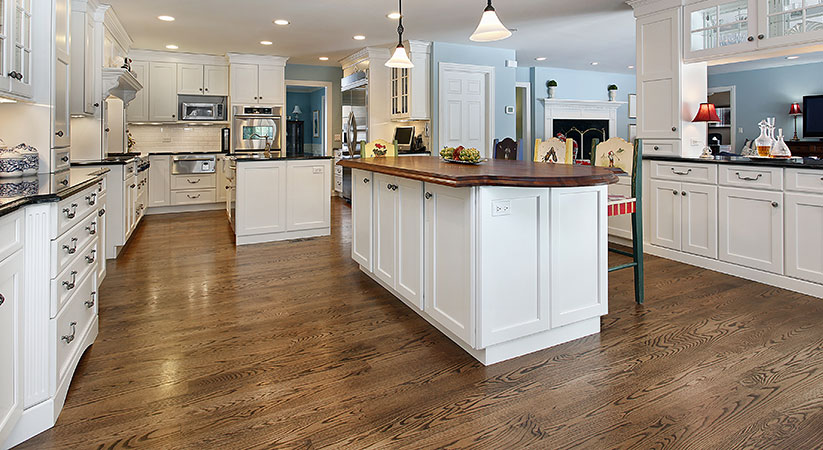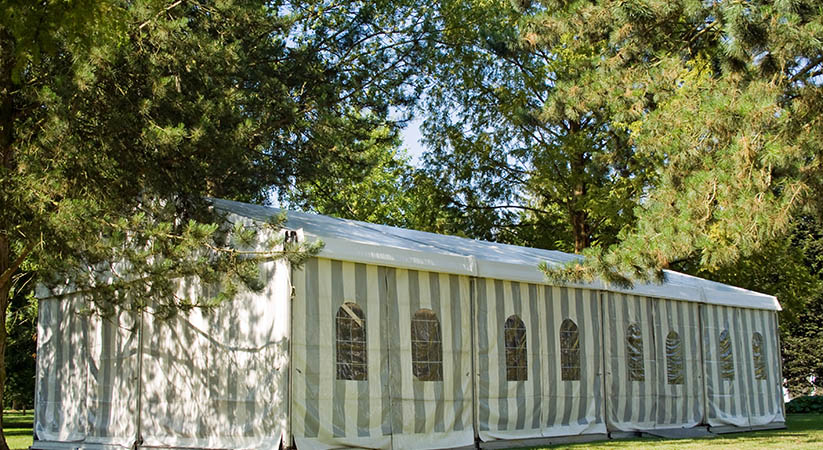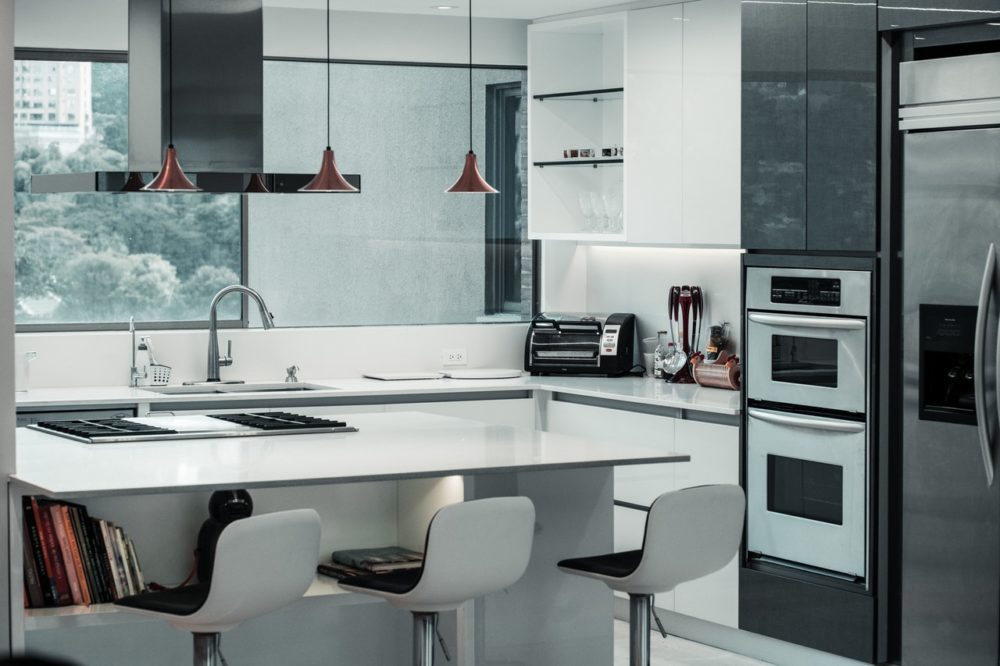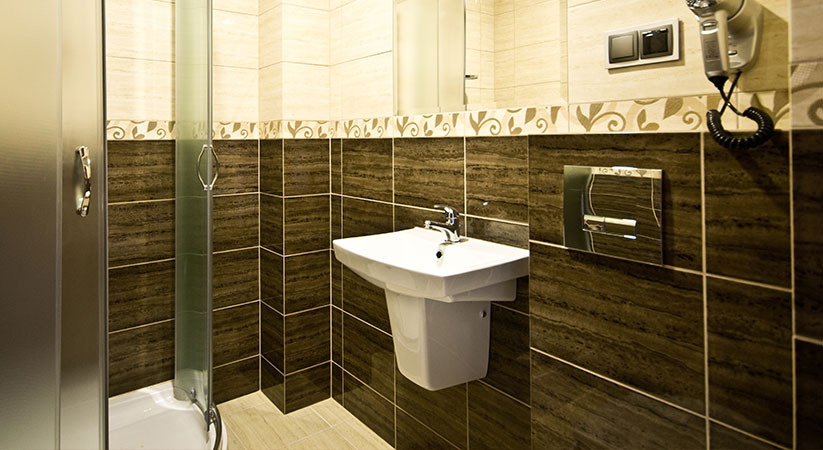Spending time in backyards is relaxing and outdoor kitchens make it only better. If you’re planning an outdoor kitchen and you would be wondering which countertop material will be right. You may want to use the same countertop material that’s in your indoor kitchens such as quartz or granite countertops, but would it be the correct choice? These kitchen countertop choices are the best when it comes to bearing the harsh outdoors.
Granite Countertops
Granite is not only one of the most popular indoor kitchen countertop materials, but it is also reliable and popular as an outdoor kitchen countertop as well. It’s durable and heat-resistant so it can stand up to outdoor conditions. Even when it’s in a non-shaded kitchen, the stone isn’t damaged.
To take the most of your granite countertop, sealing is important. Sealing makes granite countertops stain-resistant and waterproof. And moisture damage is common in outdoor countertops due to rain, snow, and humidity, so you must apply a sealant on your granite stone counters.
Furthermore, there is a huge variety of patterns and colors of granite so you will definitely one that you’ll love. When choosing the color, bear in mind that darker colors can become hotter when directly exposed to the sun. Therefore, select lighter colors of granite.
Quartzite Countertops
Quartzite shouldn’t be confused with quartz. Quartzite is a natural stone while quartz is an engineered material. Both are popular as indoor kitchen countertops, but for outdoors, quartzite is a reliable option.
Quartzite countertops appear similar to marble countertops, but they are more durable than marble and even granite. However, their temperature tolerance is lower than granite. Quartzite countertops can withstand the heat from the sun, but hot pans and other cookware should not be placed on the countertop when extremely hot. Use trivets or pot holders.
Similar to granite, quartzite countertops are also porous. So, seal it once a year to prevent moisture damage and make it stain-resistant. Moreover, to avoid scratches, make sure to use a cutting board for cutting vegetables, meat, and other food.
Concrete Countertops
Concrete countertops are made with poured concrete. So, they can be poured in any shape, size, and design you want. Similarly, you can also choose from a variety of finishes. You can also install tiles or stone on the concrete surface and give your countertop a unique look.
It’s a durable countertop material except that it develops cracks over time. However, if you make sure that it’s sealed during installation, you can prevent cracks to an extent. Moreover, sealing will prevent bacteria growth and stains as well.
You can choose staining and coloring for your concrete countertops but it isn’t favorable for outdoor concrete countertops. Sunlight will fade most colors. But if you select lighter tones or your kitchen is in a shade, you can color the counters.
Soapstone Countertops
It’s a natural stone that’s popular as an outdoor countertop choice because it’s dense and non-porous. So, you can wipe stains and spills off it easily without sealing it. But experts still suggest sealing your soapstone counters for more protection and to avoid darkening of the countertop.
Soapstone is dense enough to be non-porous, but it’s still soft enough and gets scratched by sharp objects. Be careful and use a cutting board for chopping food. If scratches happen, you can use sandpaper to buff them out.
It’s a strong material and can withstand harsh outdoor conditions like rain, snow, and hot and cold temperatures. But if it’s under direct sunlight, it gets hot and difficult to touch. So, install them in a shaded outdoor kitchen.
Porcelain Tiles And Slabs
Porcelain countertops are highly heat-resistant and stain-resistant. They don’t fade and you can get them in any color and design. They can even mimic the pattern of any natural stone. Furthermore, porcelain tiles and slabs are non-porous and very easy to clean.
When using these countertops, use caution if you have ceramic knives or blades as they can damage these counters. Moreover, be careful in handling heavy objects near the countertop.
Conclusion
Many countertop materials are suitable for an outdoor kitchen. But you should avoid quartz, marble, limestone, and bluestone. Discuss with granite countertop installers Rockville your preferences to finalize a countertop material.









